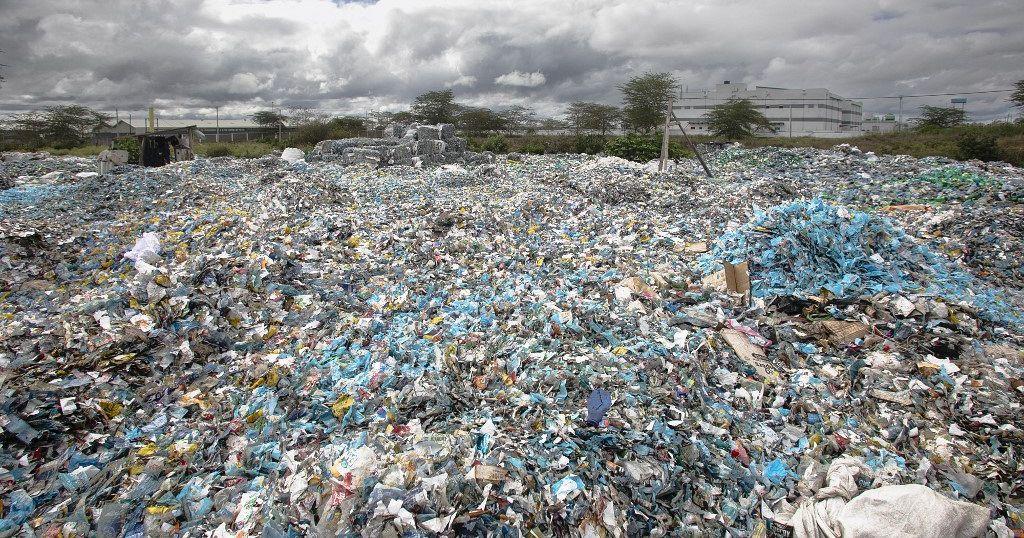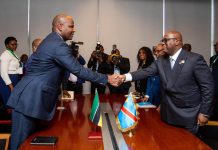Africa-Press – Mozambique. A recent report by the World Wide Fund for Nature (WWF) has brought attention to the extensive impact of plastic pollution, shedding light on the often-overlooked consequences faced by low-income countries.
The report reveals that these nations bear a burden up to ten times higher than wealthier counterparts, despite their lower per-capita plastic consumption.
The alarming findings of the WWF report emphasize the environmental, health, and economic ramifications of plastic pollution, with specific focus on countries like Kenya. The report highlights the disproportionate impact on low- and middle-income nations and underscores the urgent need for global intervention.
According to Alex Kubasu, the program coordinator for the circular economy initiative at WWF Kenya, the decisions surrounding plastic production and design are primarily made in wealthier nations, resulting in a significant impact on the ground in less affluent countries. Kubasu emphasizes the stark contrast in the cost of managing plastic waste, with low-income countries spending up to ten times more than developed nations.
Negotiators gathered in Nairobi on November 13 for the third round of global treaty discussions to address plastic pollution. Despite efforts by countries like Kenya to curb single-use plastic, the challenge persists due to illegal imports, highlighting the cross-border nature of the issue.
The WWF report identifies three structural inequities amplifying the impact on low- and middle-income nations. Firstly, these countries have minimal influence over plastic production decisions made primarily in wealthier nations. Secondly, the rapid rate of plastic production outpaces the technical and financial resources available for waste management in less affluent countries. Lastly, the report emphasizes the absence of a fair mechanism to hold countries and companies accountable for their actions or inaction on plastic pollution.
Amos Wemanya, a senior advisor at Power Shift Africa, points out that decisions like China’s 2019 ban on plastic imports have led Global North countries to view Africa as a “dumping ground,” which poses significant challenges for African economies.
In response to the plastic crisis, initiatives like Mr. Green Africa, a plastic recycling company in Kenya, are investing in recycling capacity. CEO Keiran Smith emphasizes the importance of addressing technical and financial inadequacies through new investments to scale up operations and bridge infrastructure gaps in African countries.
As negotiations unfold in Kenya, the WWF calls on governments to implement measures such as a ban on high-risk plastic products, establish global requirements for product design, and provide financial support for low- and middle-income countries. The hope is for a comprehensive, globally binding treaty to combat the plastic crisis, similar in scale to the Paris Climate Agreement.
For More News And Analysis About Mozambique Follow Africa-Press






